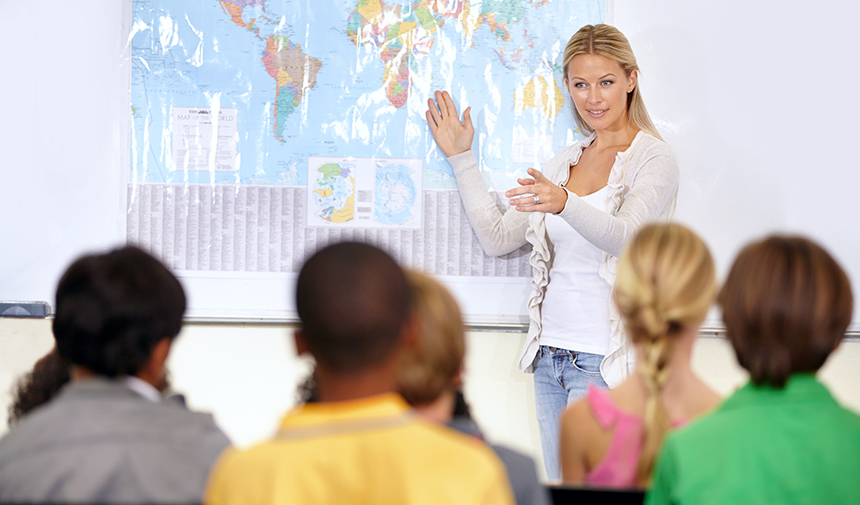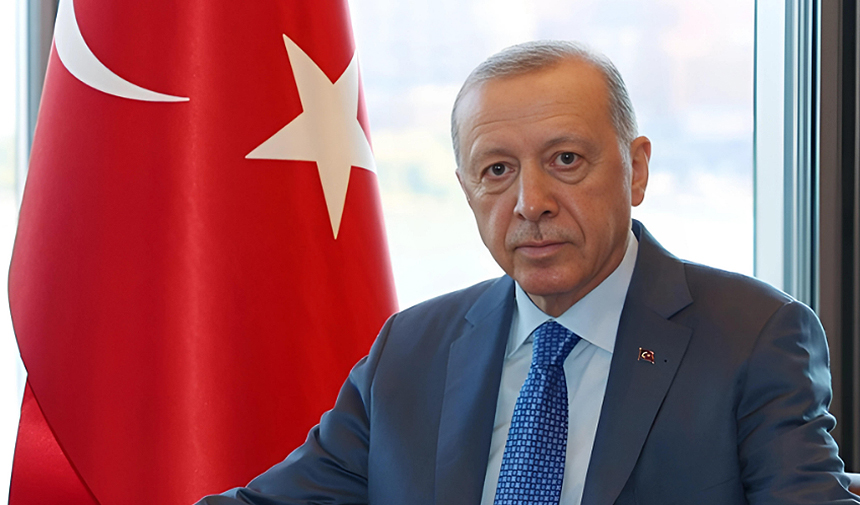Teachers are important figures who make significant contributions to the development of society and cultural change. Their role in education systems is not limited to imparting academic knowledge to students, but they also transmit social and cultural values.
Teachers’ societal contributions begin with helping younger generations to develop social skills. Classroom interactions and collaboration between students take place under the guidance of teachers and help students develop empathy, communication and collaboration skills.
Furthermore, teachers support social cohesion by promoting values such as tolerance, diversity and equality in society. Emphasizing diversity and different perspectives when selecting lesson materials and planning classroom activities enables students to respect differences and develop skills for living together.
Culturally, teachers teach students about their own cultural heritage and values while encouraging openness to different cultures and perspectives. Cultural interactions and exchanges help students broaden their cultural understanding and appreciate cultural diversity.
Teachers’ social and cultural contributions continue not only in the classroom but also outside the school. They take leadership roles in the school community, setting an example for students and strengthening the school’s ties to the community. They also collaborate with families to support students’ academic achievement and meet their social and emotional needs.
In addition to this important role, teachers contribute to the overall well-being and progress of society. Well-educated individuals create a more qualified workforce and support economic development. Furthermore, educated individuals show greater commitment to democratic values and civic duties and play a more active role in society.
To summarize, the social and cultural contributions of teachers play a critical role in educating younger generations, promoting social cohesion and cultural diversity, and enhancing the overall well-being of society. Their leadership and guidance in education helps future generations to build a better world.



